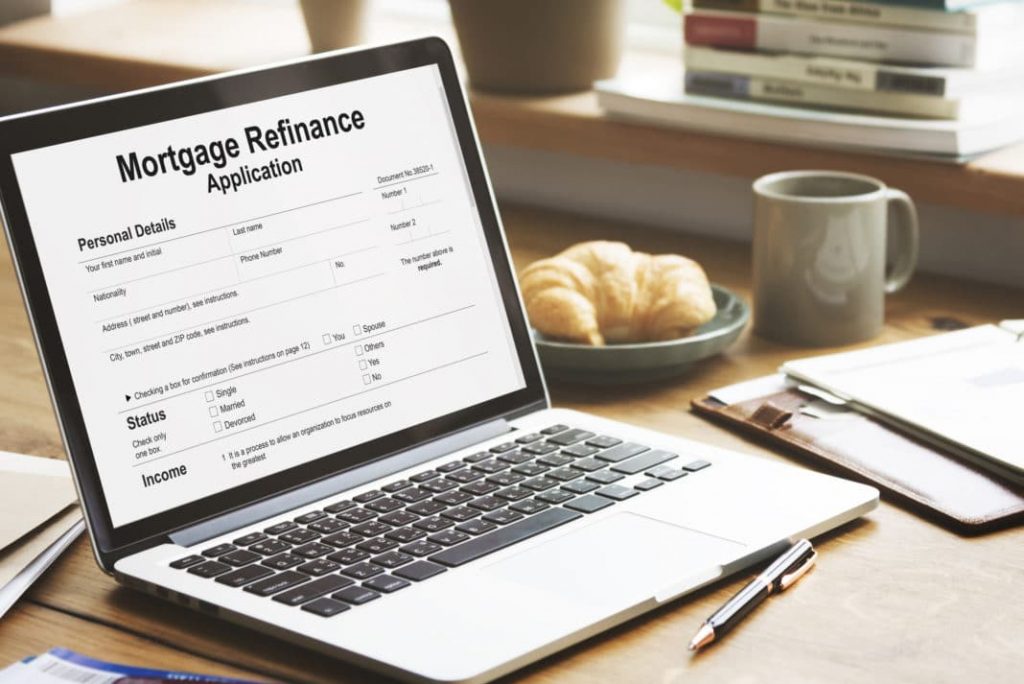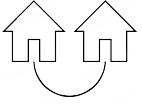With Mortgage Interest rates at all time lows, many people are looking at refinancing their mortgage loans in the hopes of making significant savings on their repayments, and with good reason. When interest rates are low, you can secure excellent long term rates for you loan and effectively make each dollar of repayments work a lot harder for you, dropping years off your repayment term without increasing your installments at all. Alternatively you can use the option of refinancing your home loan in order to drop your repayment amounts and free up cashflow for other uses.
You can even use refinancing as a means of getting access to cash in your hand to fund one off projects like wedding or home renovations by way of a cash out refinance if you wish to. Refinancing provides options for a lot of people but it may not always be a good idea. Read on to get a simple guide to when you should and shouldn’t refinance your home.
Why Refinance?
there are a lot of reasons why you might want to refinance your home loan, but the most common are: Refinancing to reduce payments Refinancing onto a lower interest rate allows you to keep the term of your mortgage exactly the same, but drop your monthly repayments. Because your loan accumulates less interest on a lower rate, it take less money from you to pay it off in the same amount of time.

Refinancing to reduce payments
Refinancing onto a lower interest rate allows you to keep the term of your mortgage exactly the same, but drop your monthly repayments. Because your loan accumulates less interest on a lower rate, it take less money from you to pay it off in the same amount of time.
If you need cash freed up for other priorities, then refinancing your home loan to reduce your payments can be a great idea, but keep in mind that the lower your payments, the longer you’ll be paying the loan off over and the greater the total interest that you’ll pay over the life of the loan.
Refinancing to pay the mortgage off faster
Almost the opposite of the first option, some people want to get cheaper rates, but not reduce their payments – in this situation your payments stay the same but your mortgage gets paid off a lot quicker and you end up saving a great deal of interest. If you can afford this, it’s an excellent long term strategy that can get you debt free years earlier. Getting Rid of PMI Sometimes, when you have low equity or you have a bad credit mortgage your lender may have required you to get Private Mortgage Insurance (PMI).
Getting Rid of PMI
Sometimes, when you have low equity or you have a bad credit mortgage your lender may have required you to get Private Mortgage Insurance (PMI).
PMI protects the lender in the event of you defaulting on your payments. This is an additional cost to you, can if your situation has improved from when the loan was taken out initally, you may no longer need PMI. Just ditching your PMI can save a lot of money.
Even if you can’t avoid PMI all together you can arrange it yourself through a private insurer, this is often significantly cheaper than the same cover arranged through your lender.
Refinancing with Cash Out
If you have a lot of equity in your home and need to fund repairs, improvements or really any other sort of project or one off expense, a cash out refinance will allow you to turn that equity into cash you can spend immediately. A great option for those looking to raise cash in a cost effective way as the interest rate will be dramatically lower than Equity loans of second mortgages.
Why Not to Refinance?
While there are many good reasons to refinance your mortgage, providing you can get a better interest rate, there are some reasons why it also might now be a great idea:

Closing costs/Points:
Refinancing is essentially taking out a new loan to pay off the old one on different terms than the original. If you only recently got your home loan, there may be early repayment fees or charges. These will vary from lender to lender and loan to loan but basically equate to a fee you get charged for repaying the original loan too fast. These fees have to be either paid in cash or added to your mortgage, so your new loan may end up being more than your old one!
Credit Problems:
If your credit has worsened since you initially took out the loan you may find it difficult to refinance at all, and if you do you may have to take out PMI to do so. This can quickly erode any benefits you may achieve from a lower interest rate, so if you have bad credit you’ll probably want to look for a specialist bad credit lender or avoid refinancing.


